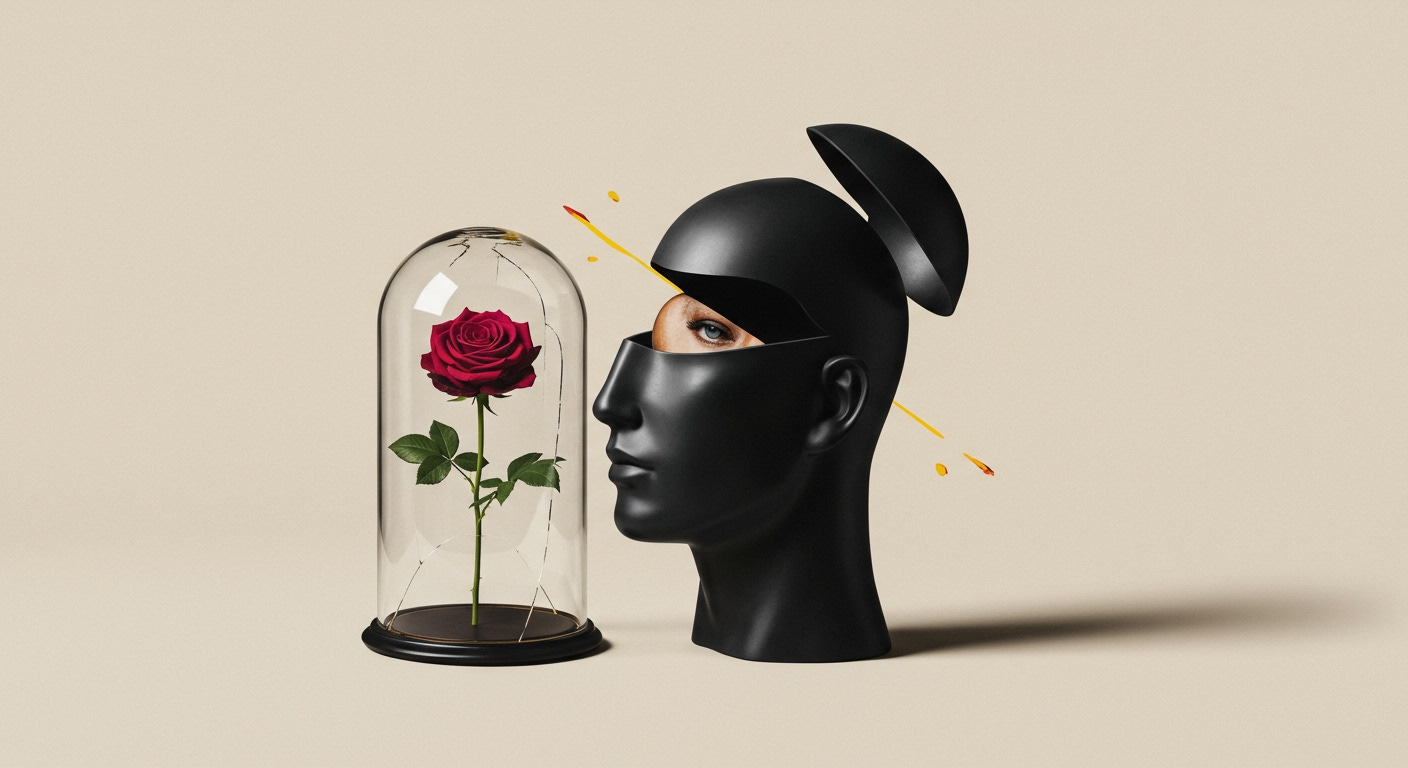The Performance of Self: Why True Authenticity Is a Daily Battle
We all want to be "authentic," but what if our very pursuit of genuineness is itself a performance? This piece dives into the modern "authenticity paradox," questioning how social media and societal pressures shape who we think we are, and offering a personal perspective on navigating the subtle dance between our true selves and the roles we play.
Are We Truly Ourselves, Or Just Performing?
Have you ever scrolled through social media, seeing carefully curated lives, and wondered: 'Are they truly authentic, or is this just a masterful performance?' It’s a question that gnaws at me constantly, because the truth is, we all feel the pressure. We’re told to 'be ourselves,' to live genuinely, to express our inner truths. But in a world where every interaction can feel like a public audition, where does genuine self-expression end and performance begin? This isn't just about influencers; it's about all of us, navigating a society that both demands and commodifies authenticity.
Echoes of Old Thinkers: What Does Authenticity Mean?
Philosophers have wrestled with this idea of 'authenticity' for centuries. It's not a new concept, but our modern digital world gives it a sharp, uncomfortable edge. Thinkers like Michel Foucault questioned if a single 'authentic self' even exists, suggesting our identities are constantly shaped by society and the roles we play. It's a challenging thought, isn't it? If identity is constructed, can we ever truly be 'just ourselves'? And then there’s Heidegger, who believed authenticity emerges from profound, sometimes painful, self-reflection—facing our anxieties and responsibilities. As he implies, it's not a comfortable state.
The truth of Dasein as authenticity thus is the possibility of existing in a relationship of original and self-chosen temporality.
– Martin Heidegger
This isn't about finding a fixed, pre-existing 'you,' but about an ongoing process of becoming, shaped by internal desires and external pressures.
The Social Media Mirror: Our Authenticity Paradox
Now, let’s bring this to our everyday lives, especially online. Social media, in particular, is the ultimate stage for the 'authenticity paradox.' We want to share our 'real' lives, our genuine moments. Yet, almost instinctively, we filter, we edit, we choose the best angles. We’re not just sharing; we’re curating. The quest for genuine expression ironically morphs into a performance for likes, validation, or even commercial gain. That spontaneous thought becomes a carefully crafted post. That beautiful moment becomes a perfectly framed story. The very act of seeking authenticity on public platforms often compels us to perform it, turning our genuine experiences into marketable narratives. It’s exhausting, isn't it? This constant negotiation between who we are and who we present ourselves to be.
Go Deeper
Step beyond the surface. Unlock The Third Citizen's full library of deep guides and frameworks — now with 10% off the annual plan for new members.
Reclaiming Your Narrative in a Performed World
So, how do we navigate this? I believe true authenticity isn't about eliminating performance entirely—it's inherent to social life. Instead, it’s about becoming deeply conscious of why and how we perform. It’s about ensuring that our public personas remain congruent with our private values. Charles Taylor, another influential thinker, spoke of authenticity as an 'inward and upward' journey, suggesting it involves both personal introspection and a commitment to collective questions of worth.
Authenticity is not an escape from society but a deeper engagement with it.
– Charles Taylor (as interpreted)
For me, this means asking: Am I posting this because it genuinely reflects me, or because I think it will be popular? Am I saying this because I believe it, or because it’s expected? By reflecting on these questions, we can reclaim agency over our 'performances.' It’s a daily battle, certainly, but one worth fighting to ensure our true selves don't get lost in the curated spectacle.



